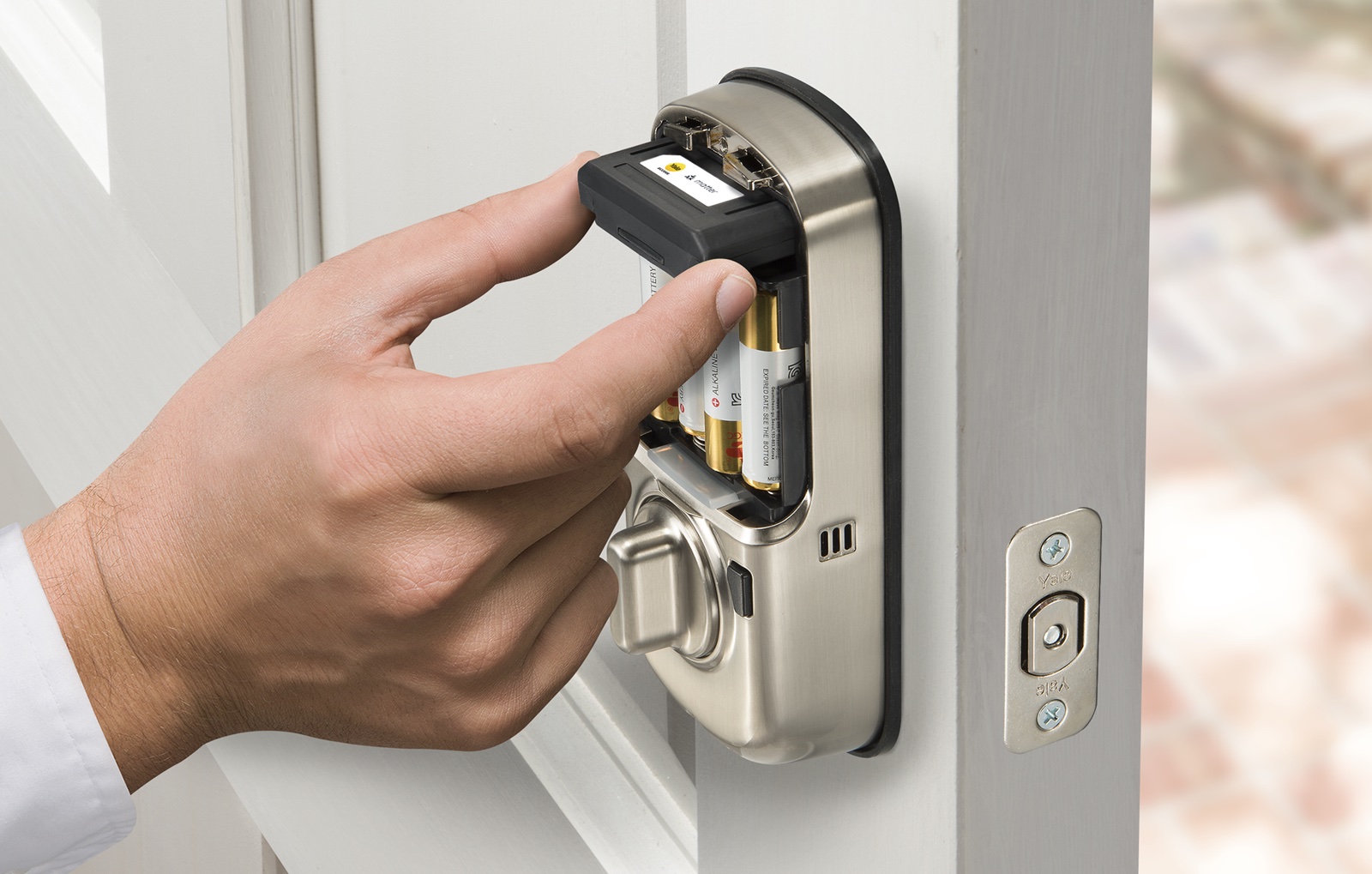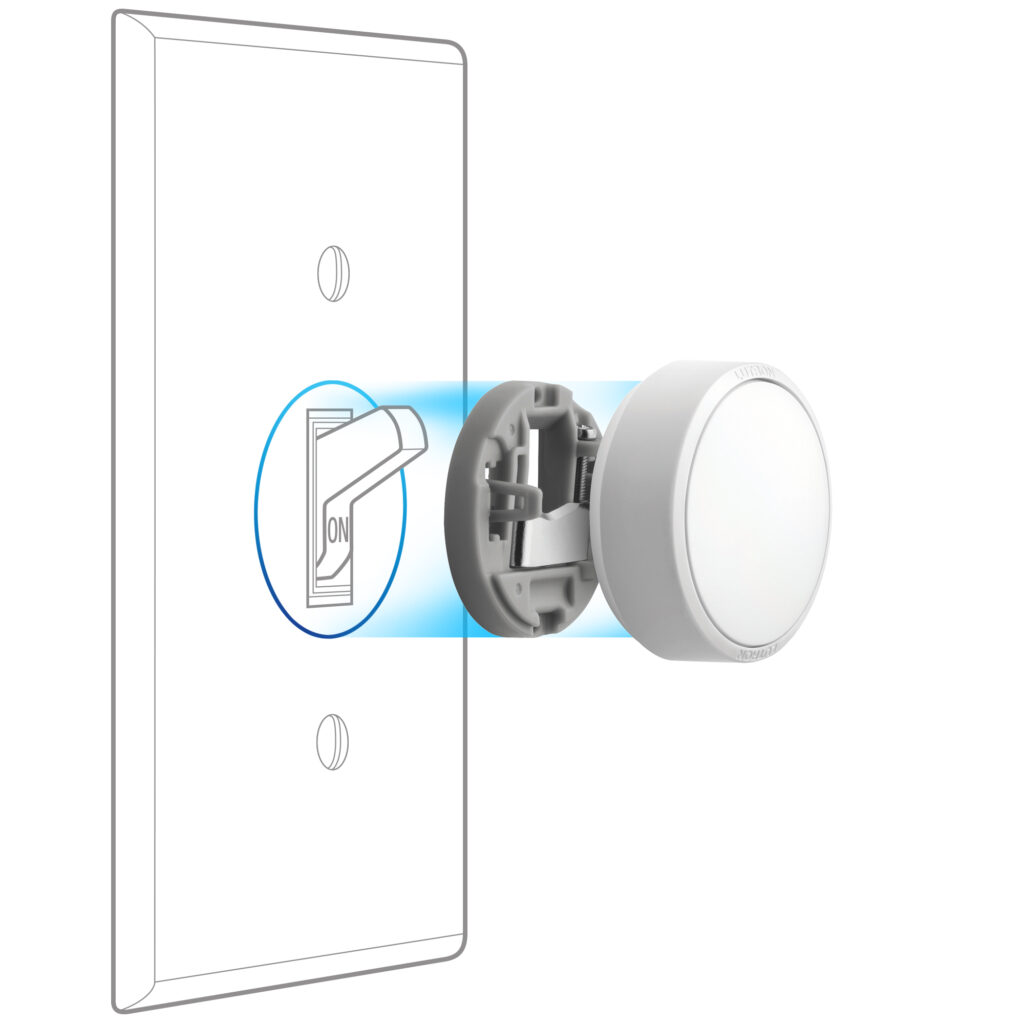This week’s show is live from Dallas as I attend the Parks Associates Connections smart home event, so I start out discussing some of the themes I’ve seen so far, including the growing importance of data privacy, local processing and generative AI. We also talk about the five-year-anniversary of the General Data Protection Regulation in the EU and evaluate its impact so far (it’s not as bad as you think). On the security front, we evaluate Samsung’s plans for IoT security with its Knox Matrix vision and talk about its similarities to the security design for the Matter smart home interoperability standard. Microsoft’s Build event is also this week, and the company’s newly launched Fabric data service and unified data lake products are worth watching for enterprises and industrial customers trying to aggregate and use IoT data. Then we cover some smaller news items such as new Matter products from Yeelight, Govee, and Yale. There’s also a new smart outlet with a sensor-packed outlet cover that has been funded via Kickstarter, which our audience might be interested in. Finally, we answer a listener question about good Zigbee-based light bulbs.

Our guest this week is Paul Williams, chief product officer of Nice North America, who last appeared on the show two and half years ago when he was at Savant. We start off talking about Matter. Williams says that so far the roll out has been slower than expected which has obviously affected adoption, but he hasn’t lost hope for the standard. He also explains how Matter might affect professional integrators. During our conversation on generative AI he discusses how Nice is using AI currently and where he’d like it to go with generative AI. However, he cautions that privacy of consumer data and corporate data is a real concern when using generative AI, so he’s looking for more conversations about how providers deal with that. We close with a discussion about the economy and how it affects professional integrators and the adoption of smart home devices. Enjoy the show.
Hosts: Stacey Higginbotham and Kevin Tofel
Guest: Paul Williams, chief product officer of Nice North America
Sponsors: Computex and Blues Wireless
- There’s still optimism about the smart home at the Parks Associates event
- GDPR turns five, and we look at what it has done
- Microsoft’s new Fabric will bring all of your data together for analysis
- Matter’s slow roll out is disappointing, but not a deal killer
- In bad news for smart homes, new home starts and sales are down
Podcast: Play in new window | Download | Embed
Subscribe: RSS



